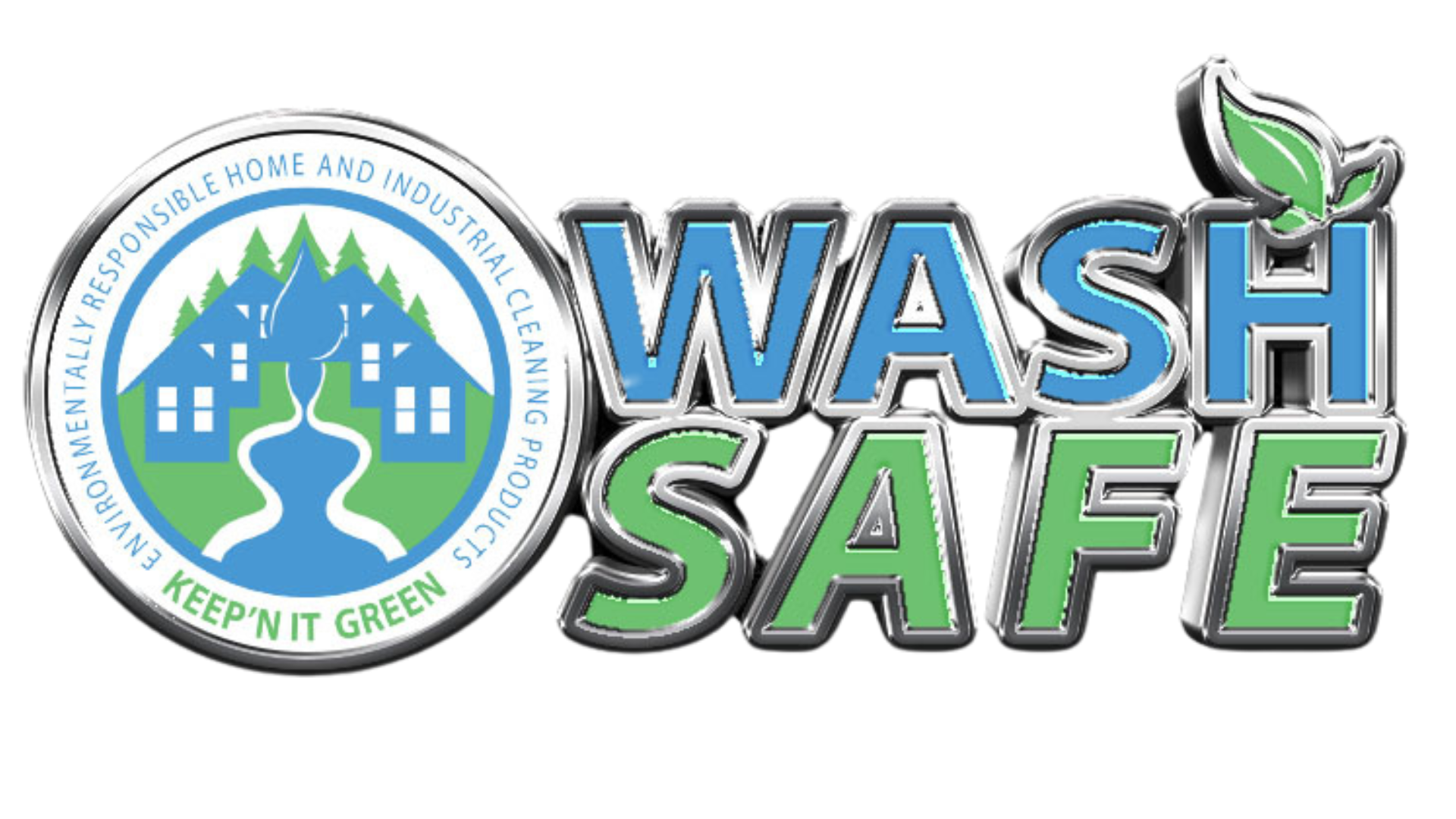Pressure Washer Buying Guide

Buying a pressure washer can be a stressful experience. First of all, there are many different types of pressure washer available. Even someone who has owned and used a pressure washer before may be unaware of the size of the pressure washer market. There is also a great deal of technical language involved. You might know what PSI is, but do you know about GPM? The difference between hot and cold water temperature washers? Axial and triplex pumps?
We have created what we believe is the ultimate guide to buying a pressure washer. We will explain the differences between all the types of pressure washers that are available. We will break down all the different technical language and explain what each term means. Most importantly, we show you how to pick out the pressure washer that is right for you and your project.
Electric vs Gas Pressure Washers

There are two main types of pressure washers. The first type is the electric pressure washer, which tends to be used for smaller projects. They are simpler and easier to use and maintain. They are much quieter and intended for light duty cleaning projects. Electric washers also tend to be less expensive.
The other type of pressure washer is the gas pressure washer, which is more complicated to use and maintain, but is essential for larger cleaning projects or heavy duty use.
Selecting a Pressure Washer
The level of cleaning power you need — often referred to as PSI, or pounds per square inch — depends on the needs of your job. The chart below may help you determine the power you require.
| Light Duty | Medium Duty | Regular Duty | Heavy Duty | |
| Cleaning Need | 1500 - 1900 PSI | 2000 - 2800 PSI | 2800 - 3200 PSI | 3200+ |
| Patio Furniture | Yes | No | No | No |
| Stairs | Yes | No | No | No |
| Sidewalks | Yes | Yes | Yes | Yes |
| Deck/Patio | No | Yes | Yes | Yes |
| Garage Floors | No | Yes | Yes | Yes |
| Driveways | No | Yes | Yes | Yes |
| Fencing | No | Yes | Yes | Yes |
| Stain Removal | No | No | Yes | Yes |
| Pre-paint Washing | No | No | Yes | Yes |
| Second Story Washing | No | No | No | Yes |
| Heavy Soiling | No | No | No | Yes |
Terminology
The following are terms with which you may want to become familiar when assessing pressure washers. Generally, the higher the number for value terms, the more cleaning power available.
- Horsepower (HP) — Refers to the power output of a gasoline engine.
- Amperage, Amps — The power output of an electric engine.
- Pounds per Square Inch (PSI) — A measurement of the water pressure generated by a washer.
- Gallons Per Minute (GPM) — The rate of water flow.
- Cleaning Units (CU) — The product of PSI multiplied by GPM. Indicates the overall cleaning power of a washer.
Axial Cam Versus Triplex Cam Pumps
Both axial cam pumps and triplex cam pumps are types of pressure washer pumps. The design and construction of these pumps differ: a general rule of thumb is that a triplex pump is designed for longer life and greater efficiency. Given that, triplex pumps are favored by professional pressure washers or other commercial uses, although they do tend to be more expensive.
Unloaders: Internal Versus External
An unloader is a valve system that relieves the pressure when the trigger is not in use on the gun jet. It is an essential piece of the pressure washer, and due to the use and strain it receives, is frequently one of the first part of the pressure washer to wear out. There are external unloaders and internal or built-in unloaders An internal unloader is built into the side of the pump head. This is the method most modern and home use pressure washers use. The benefits to an internal unloader is that it is a more efficient and durable method, however it is more difficult to diagnose problems and replace if it does fail. An external unloader is more expensive and more prone to failure, but easier to maintain.
Interchangeable Nozzle Tips
Most pressure washers allow you to use interchangeable nozzle tips. These nozzle tips allow you to reduce or focus the output of your pressure washer based on predetermined pressure and flow settings. The advantage of interchangeable tips is that they allow you to adjust your pressure washer based on your cleaning project. Generally speaking, the wider the spray or fan the tip creates, the lower its ability is to cut through grime and dirt.
More Information
If you still need help selecting the correct pressure washer, feel free to contact us. Our experts will be happy to help you determine your needs.
